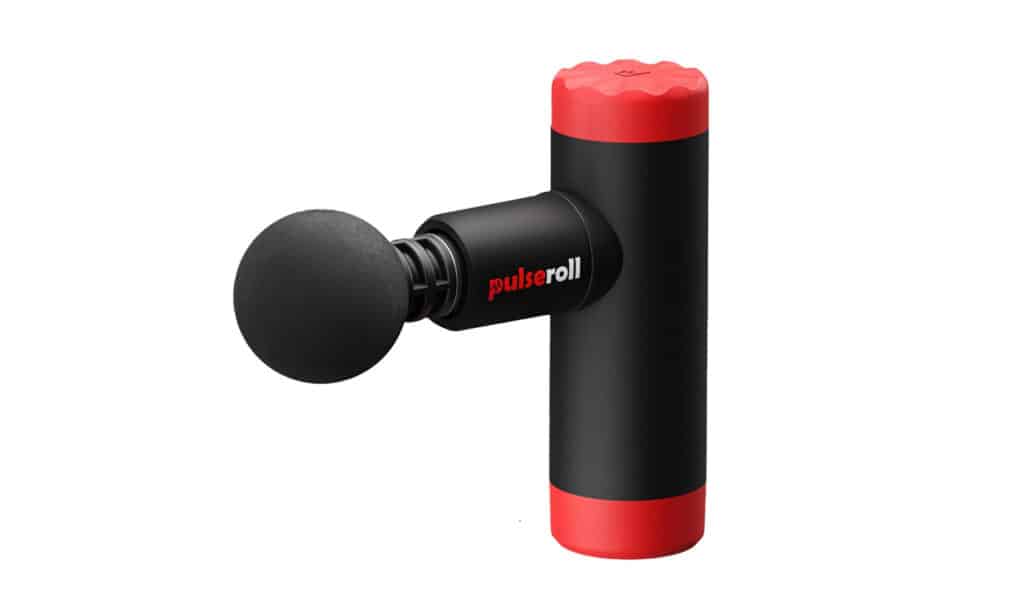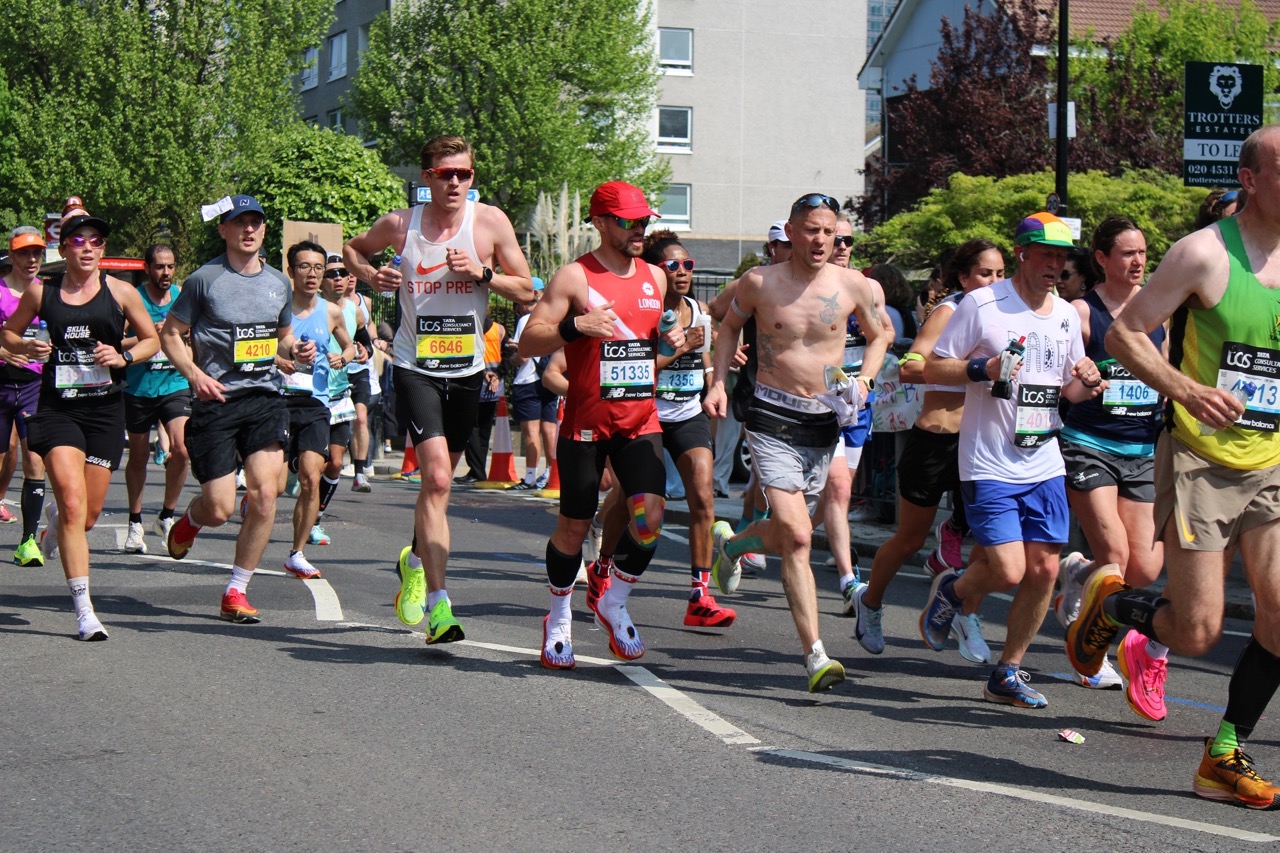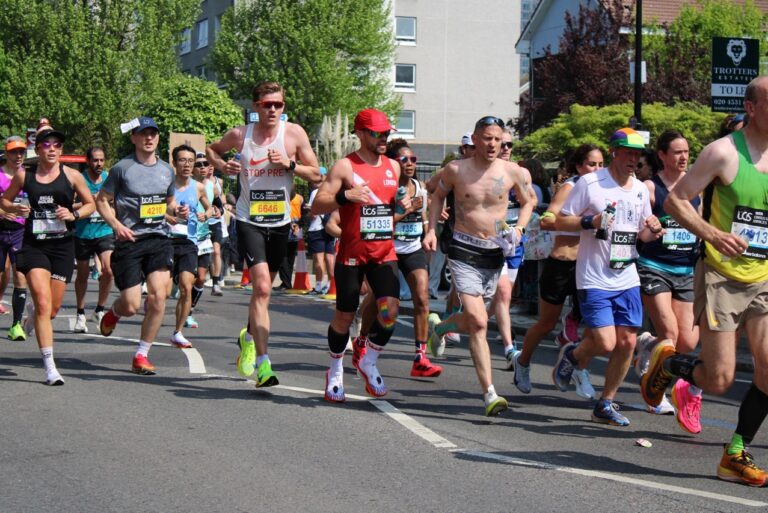


Hi Mike, I’m 43 and have run four marathons, with my most recent finish being 4:26. What weekly mileage and long-run strategy do you recommend to finally break the 4-hour mark at my next marathon – the London Marathon 2026?
James
Running coach answer: How do I break 4 hours at the London Marathon 2026?
This is always such a difficult question, as the answer depends on the volume of training you are currently running to have achieved your 4.26, as well as how long you have been running for and your history of injury. The answers to those questions all lead to determining the level of mileage you may be able to sustain.
There are plenty of anecdotal examples showing that an increase in frequency, consistency and total weekly volume over time will result in faster marathon times. In 2022, the Boston Marathon conducted a survey of runners who had entered the Boston Marathon. Going back to a period 12 months before the race, they looked at the volume of running the entrants were doing over the period up to 4 months before the race and then the volume in the last 16 weeks before it.
They found that for a large sample of runners, those running 40 miles a week in the first period and slightly reduced the mileage in the last 16 weeks had an average finishing time of 3.35 for men, and 3.53 for females. They also found that adding an additional run per week in the early period (which I would assume meant increasing weekly volume) resulted in about a 4-minute improvement in marathon time, and adding an additional session of quality running, such as an interval session, increased final performance by 16 minutes.
These are pretty much my own findings, keeping logs of my coached runners – I don’t have precise measures of improvement, but on tracking their training logs, I have seen the greatest improvement in those who remain coached for 12 months or more.
Gains in endurance are a long-term game – the physiological developments that increase your oxygen carrying capacity, that allow you to run faster for further, take a long time to develop to their full extent – and then they have to be maintained.
Some examples: Richard ran 2.37 for his first London Marathon, then dropped to 2.30 and then to 2.27. 18 months on, I think he is in shape to go under 2.25. Similarly, Steven was stuck on 2.21; he improved to 2.20 in London (and would have been a bit quicker but needed a toilet stop), he went on to run 2.19.40 a year later, then 2.19.06 in Berlin a further 6 months on.
There are plenty of anecdotal examples showing that an increase in frequency, consistency and total weekly volume over time will result in faster marathon times.
Mike Gratton – Head Coach – London Marathon Winner 1983
This is a pattern I have seen in runners trying to go sub-3: Dawn had a PB of just over 3.30 and wanted to get to 3.15. She got there, then went to 3.05, then 2.56. She also went on to win the South Downs Trail Marathon.
Similarly, Lauren went from 3.10 to 2.48 over 18months. The same pattern happens at 4 hours and 5 hours – the real improvements come by increasing volume over a long period of time and working on progressively more quality running in the 16-week final build-up and a two-week taper.
Age is clearly a factor – but it doesn’t have to be. (Another) Lauren is in the 55-age group and ran a 4-minute PB at Berlin this year with 3.49. Jackie is in the 70-age group and ran a PB 4.10 in Tokyo.
The key: every single one of those mentioned above improved by gradually increasing the frequency of running from their personal starting point. They managed to maintain the increases by running the additional mileage in a comfortable pace range, around the low end of a Strava zone 2 band.
Then, following this up by an increase in quality in the last 16 weeks – initially this is with hill work, as prescribed by the famous coach Arthur Lydiard, followed by fartlek/intervals, tempo and progressive pace increasing long runs.
Check out my 18-week sub-4-hour marathon training plan
Or take your training to the next level with ‘Run Your Best Race‘. This comprehensive monthly package includes a personalised training plan, carefully evaluated for optimal progress, along with unlimited support via WhatsApp messages and video calls. Book a free call to get started
Join our mailing list to stay up to date with the latest UK running events, training tips, and exclusive offers on running products. Rest assured, we value your privacy and would never dream of selling your address. Sign up now…

Share this article
Running coaches are professionals who specialise in training and guiding individuals in improving their running...
Warm-up exercises are essential to prepare your body for a run. These exercises help increase...
As runners over 40, we often focus on mileage, speed, and endurance. But there’s a...
Hi Mike, have you successfully used a negative split strategy in a race? What was...
I have a place in the London marathon in under one month; I’ve picked up...
Designed by our head coach, Mike Gratton, winner of the 1983 London Marathon, this 8-week...
We’re here to make sure you’re up-to-date with the latest running tips, events and product discounts – we’ve always got your back! Rest assured, we value your privacy and would never dream of selling your address.
BONUS: Sign up today and receive a FREE code for our Sub-4-Hour Marathon Plan
Your privacy settings
Manage Consent Preferences
Necessary
Analytics
Embedded Videos
Marketing
Facebook Advanced Matching
Facebook CAPI